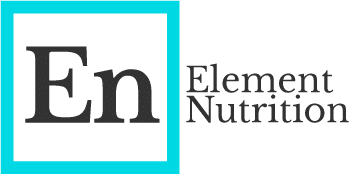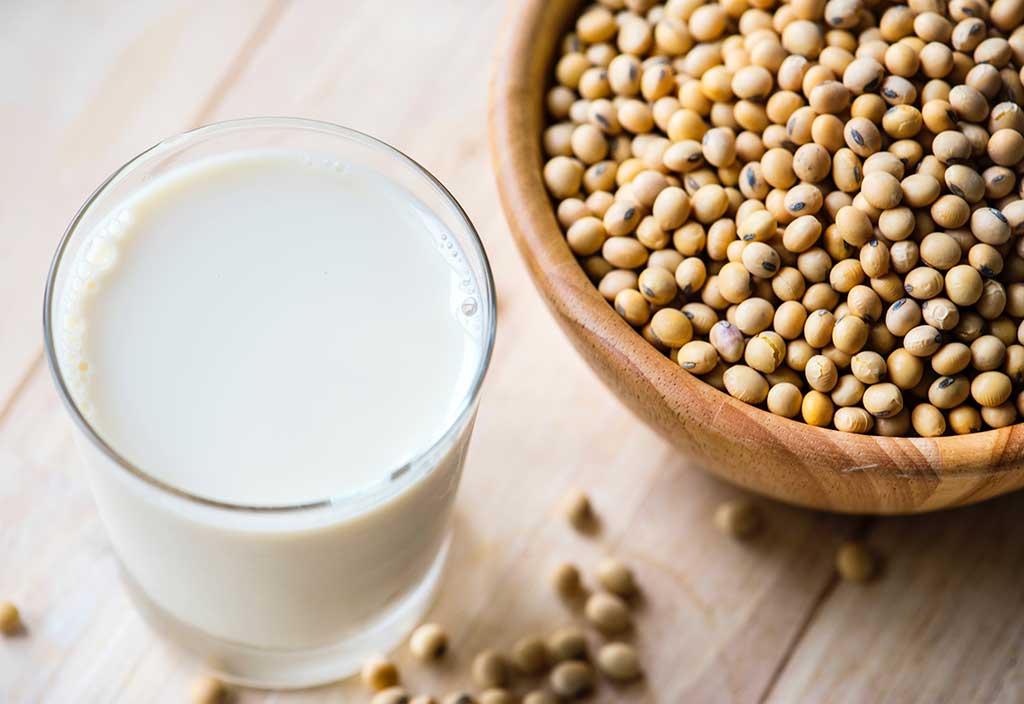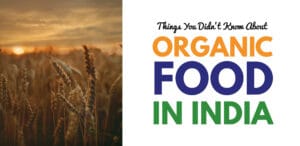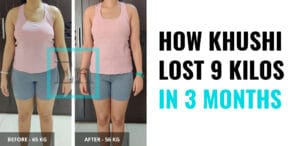Soy and Protein
The consumption of soy and soy products has been a controversial topic for a very long time. Many myths surround the topic and one of them is that soy interferes with estrogen levels in men. This has led to many men eliminating soy from their diets since they believe that it makes men grow breasts (also known as moobs). This is problematic because soy is a key source of protein for vegans as well as lactose intolerants. Eliminating it makes consuming adequate protein very difficult. In this post, we are going to look at the evidence surrounding this myth and put it to rest.

Soy and Isoflavones

Soy contains compounds called isoflavones. It is incorrectly believed that isoflavones ‘turn men into women’. Isoflavones are also chemically similar to the hormone estradiol due to which they are commonly called phytoestrogens 1. Estradiol is a type of female sex hormone called estrogen. As a result, people often equate isoflavones with estrogens and believe that it mimics estrogens in the body. But nothing could be further from the truth.
The Difference between Estradiol and Isoflavones
Estradiol is responsible for the menstrual cycle and other lady things. It affects the body by binding with two estrogen receptors (ERs). These ERs are present inside cells and are called ER-alpha and beta.

Estradiol can bind to both, ER-alpha and beta2. Soy isoflavones preference for binding with ER-alpha and beta is many magnitudes lesser than that of Estradiol1,3. More importantly, isoflavones preferentially bind to ER-beta4.
Bottom line – Not only is the binding of isoflavones to both ERs a lot weaker but it also preferentially binds with ER-beta. Therefore, it cannot exert the same effects on men as oestradiol and cannot be equated with oestrogen2,5
Soy and Estrogen – The Evidence
Recent clinical evidence found no effect on circulating estrogen levels in men. There was no effect even after consuming as much as 150 mg of isoflavones per day6. Now, 150 mg/day might seem like a very small amount. However, it is very high when you compare it to the mean intake of 30-50 mg/day in Japanese adults2, who consume a much greater amount of soy than the rest of the world. The table below shows the isoflavone quantities per 100g serving of different soy foods 5,7. As you can see, even the most commonly consumed soy products contain very small amounts of isoflavones.







2 Responses
Thanx sanket sir for providing A very helpful information …for vegan clients as well as any one who is looking for better protein options in low budget diet this clears everything I will do more research and definately add soy in my diet as protein source
Comments are closed.